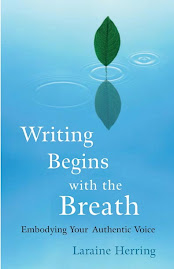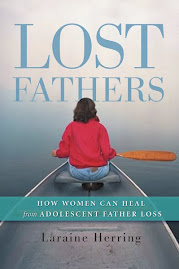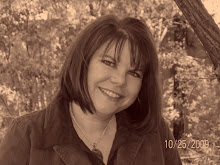
Thanks, LOLcats, for the wealth of blog topics you deliver to my Google reader every day!
So, what's up with Matrix Cat, and what does it have to do with writing?
Matrix Cat is very wise -- you might go so far as to call him Master Matrix Cat, or MMC. MMC peers out at you from behind what appears to be a screen. He is able to see all of you, but you are only able to see fragments of him. MMC is taunting you, really, with his vast awareness and cuteness and fluffiness, and he knows you just want to reach your hand through the screen and touch him.
He knows you will want this because you are human and you want to grasp at shiny cute things (publishing, getting an agent, getting on Oprah). When you try to put your hand through the screen to touch wise MMC, he will jump just out of your reach. He will then lick his paws and wash his face and you will believe, "Oh, I was so close! Here's what I'll do to touch MMC next time. I'll..." and a plan will formulate, and along with the plan, an obsession will follow. You will become obsessed with touching MMC, because when you do, all will be revealed. And of course, once all is revealed, you will be whole, complete, and perfectly happy.
Notice the "if/then" thinking? If only I have this, then I will be .... Sound familiar to anyone? If only I could get an agent, then I'd be a real writer. If only my agent would sell something, then I'd be a real writer. If only my book would get on the NY Times bestseller list, then I'd be happy. Once I'm happy, then I can do ... Once I have XYZ, then I can write. Harumph.
Well, wise MMC is not only wise, but a trickster. Each time you leap farther to catch him, he will jump a millimeter too far away to touch. He will purr loudly. He will look directly at you. Nay! He will speak directly to your soul! He will call you, meow at you, need you. (He needs me! He needs me!) He will watch you let all the rest of your life fall away as you focus on the reaching. He will watch your relationships crumble, your money savvy vanish, your weight balloon or shrink, your addictions dance, your writing (I'm sorry -- were you supposed to be writing? Was this whole thing about the writing?) lying dead beside you.
Here's your new mantra: What Would Wise Master Matrix Cat Do? Make up a bracelet -- WWWMMCD. Go chase that one awhile. It's an illusion too.
Try this one: What IS Wise Master Matrix Cat Doing? WIWMMCD. Ah, wise MMC is showing you your cage. Wise MMC is showing you your patterns. Your obsessions. Wise MMC is watching you burn yourself out chasing illusion.
There is no wise Master Matrix Cat. There is only the Matrix.
There is no thinking about, planning about, talking about, analyzing about writing. Writing is writing. The rest is the chase. Sometimes you have to wear yourself out chasing before you slow down enough to sink into the direct experience of writing. Chasing isn't good or bad. Chasing is just chasing.
However, when you do stop running after your own tail, wise Master Matrix Cat will come sit on your lap.






















